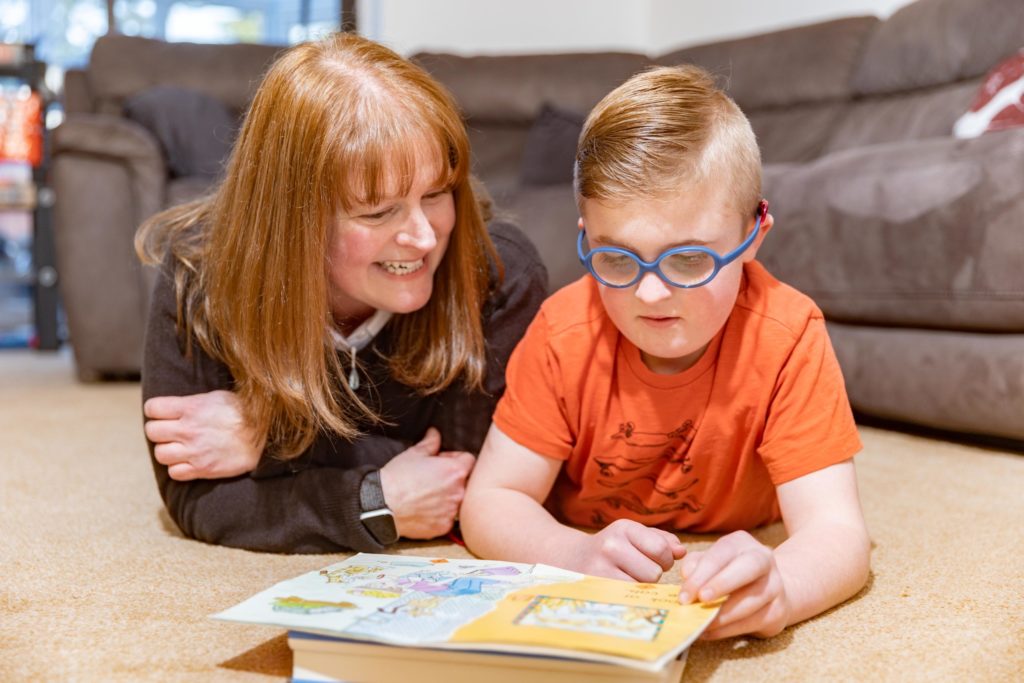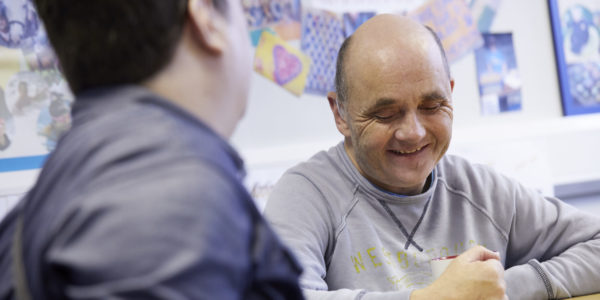Paying for care and support with complex disabilities
This page tells you about the different ways your care and support can be paid as an adult with complex disabilities.
Unlike healthcare, the state does not cover the cost of all social care and support for everyone who needs it.
Sense is here for you at every stage of life
We support people with complex disabilities of all ages.
From our free play sessions for children under eight, to our adult residential care services, we’re with disabled people and their families every step of the way.
Get in touch with our team to find out how we could support you.
Ways your care and support can be paid for
1. Social services
- Social services may pay the full or partial cost of your support, if you have eligible needs and low income and savings.
- If you are eligible, you will be allocated a personal budget.
- You will have a financial assessment to decide how much of your support will be paid by your local authority and how much you will need to pay yourself.
2. Health services
- If your needs relate to your health, then the NHS should pay for your care and support.
- Sometimes a package of care will be part-funded by health services and part by social services.
- Some people will receive funding via Continuing Health Care (CHC).
3. You pay for yourself
- You may have to pay for some, or all, of your care yourself.
- You are only asked to pay what you can afford and must be left with a certain amount of money for yourself after the local authority has charged you.
- At present, if you have assets (including income, savings and property) of more than £23,250, you will have to pay for your care and support needs yourself.
- Social services may still arrange your care and support, but they may charge you for the services you receive.
- Your council will do a financial assessment to determine how much, if anything, you should pay towards your support.
4. A combination of two or three sources
- Sometimes a package of care will be part-funded by health services and part by social service – and you may need to contribute as well.
Stay in touch

Get updates about our vital work, including volunteering, making a donation or supporting Sense campaigns.
This content was last reviewed in April 2023. We’ll review it again in 2025.

